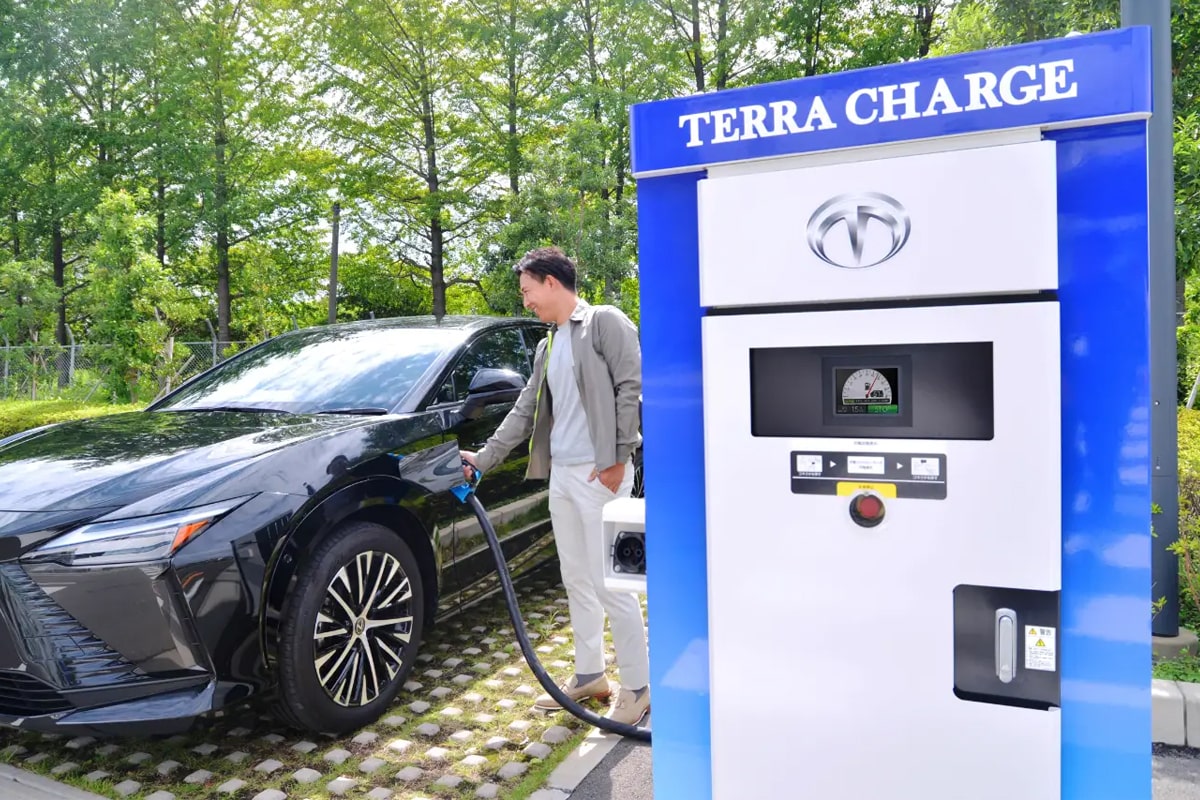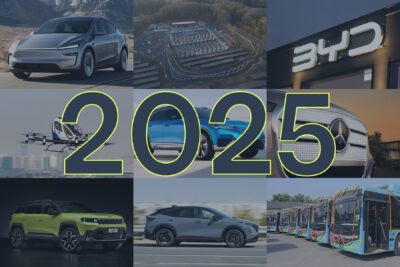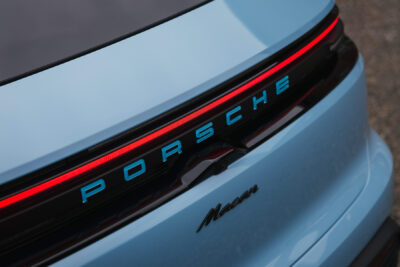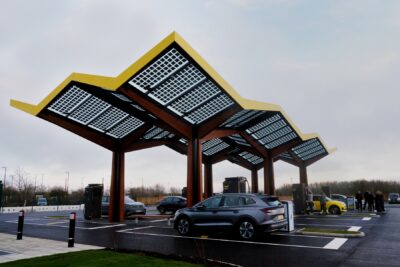Terra Motors to build 1,000 HPC sites in Tokyo
Terra Motors is a Japanese manufacturer of electric vehicles and charging infrastructure that, according to the portal nippon.com, is willing to invest over 10 billion yen (the equivalent of about 63.5 million euros) to develop a fast-charging network in Tokyo. The goal is to install mainly 150-kW chargers at commercial and public locations as well as in car parks of local authorities.
In the future, Terra Motors wants to be active beyond Tokyo. According to the report, the company plans to set up analogue fast-charging stations in urban areas of Aichi, Osaka and Fukuoka prefectures.
With a low single-digit share of new registrations, Japan is lagging in the market ramp-up of electric cars by global standards – despite some subsidies. The need for more public charging stations is part of the problem. According to the International Energy Agency (IEA), there were about 29,000 public charging stations across Japan in 2021. In South Korea (with a smaller total population), there were 107,000 charging stations.
Earlier this month, Japan doubled its expansion target for charging infrastructure from 150,000 previously to 300,000 charging points by 2030. Shortening charging times is also part of the government’s new plan. After all, around 60 per cent of the fast chargers currently available in the country have a capacity of less than 50 kW. The average power of the fast chargers will thus increase from the current average of 40 kW to 90 kW, as reported.
Billing for charging processes will also change. Currently, tariffs in Japan are usually based on the charging time. By the end of the fiscal year 2025, the government wants to introduce a system based on the amount of electricity charged. As a further incentive, Japan’s government reportedly plans to relax the safety regulations for fast-charging stations with more than 200 kW of power to make their installation less cost-intensive.
In Japan, carmakers can no longer sell combustion vehicles from 2035. However, electrified vehicles, so-called xEVs, will still be allowed. Japan also includes hybrid vehicles, which already account for a large share of sales in the country.





0 Comments